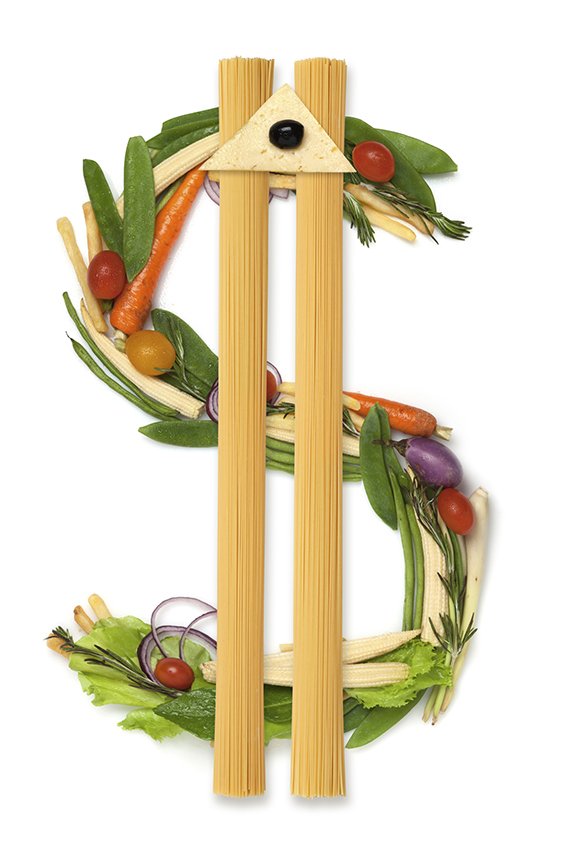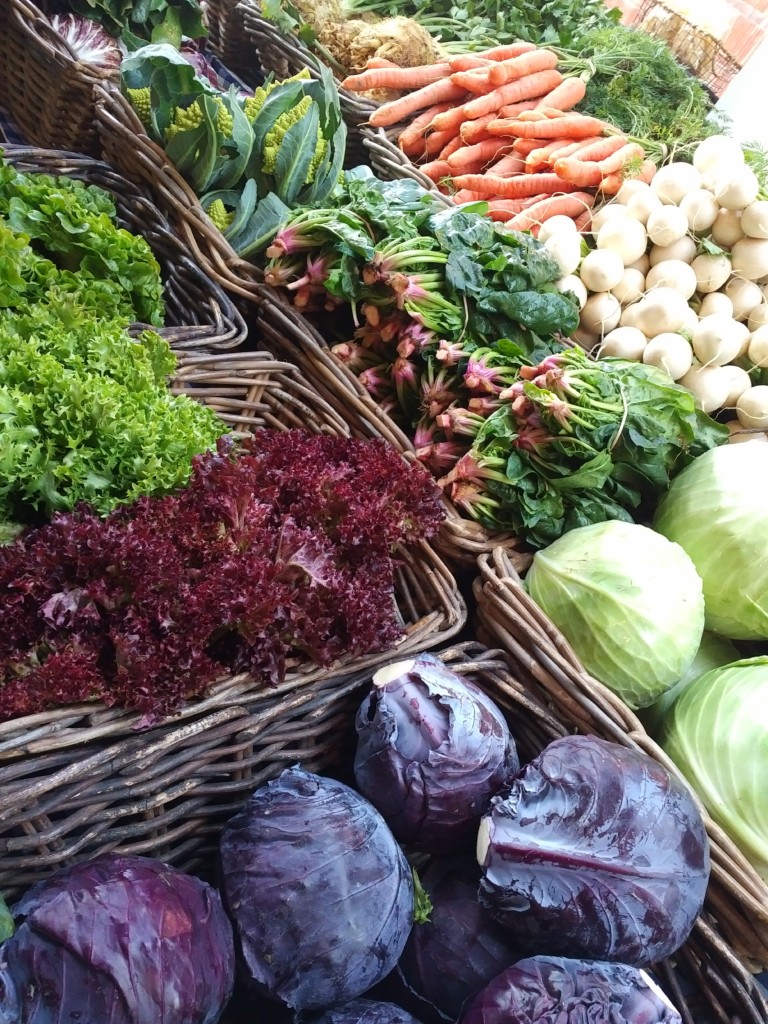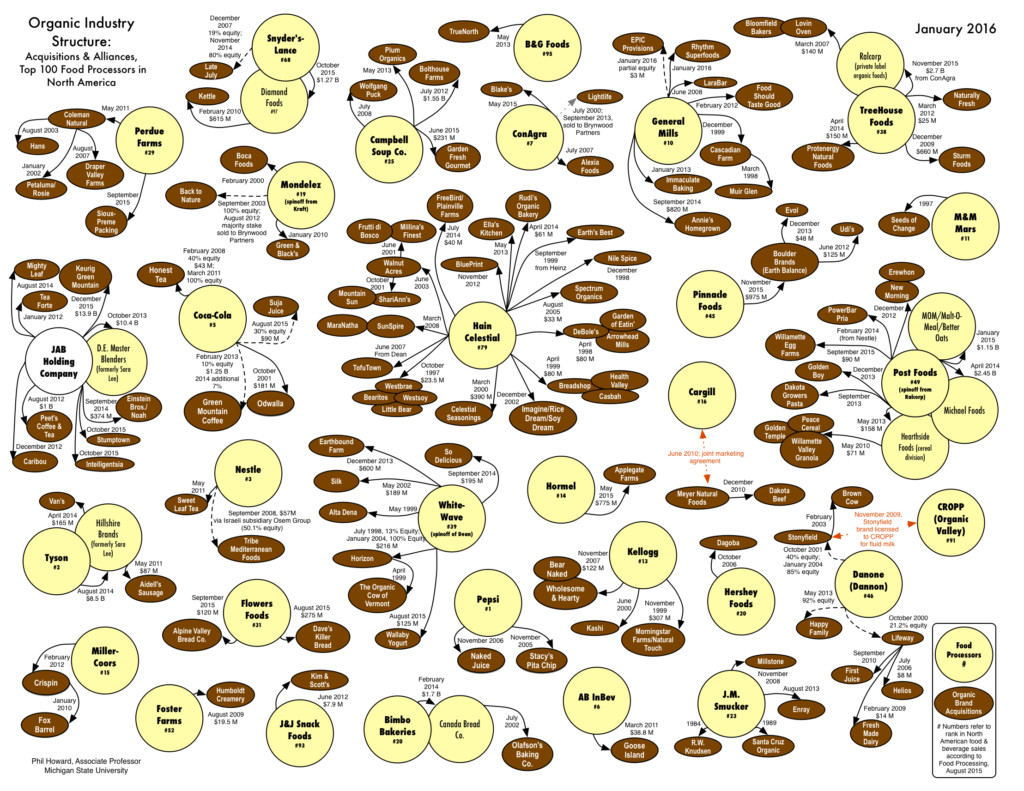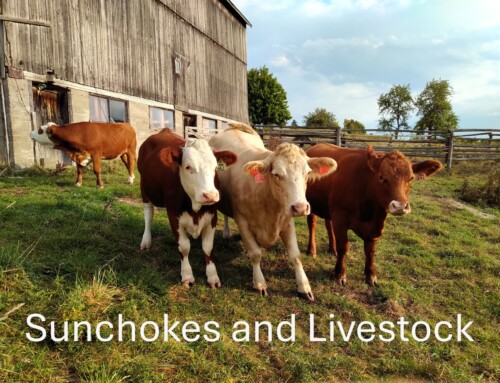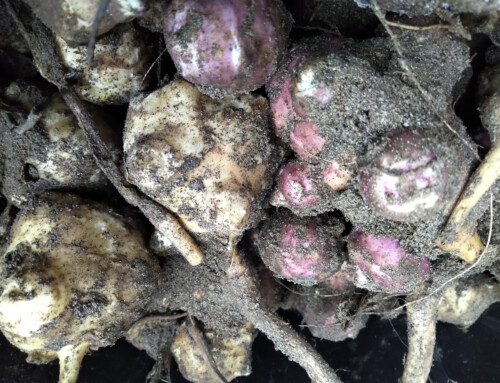Money is a wonderful thing and money provides us our basic needs including food. Your food dollars speak volumes to those that operate a retail store(s). Let me share a story on my work conversations while working at George Weston Limited and Loblaws Companies understanding that the consumer is always right…almost.
How companies think
Your food dollars speak volumes
How Companies Think
In the ‘good ole’ days, I worked for Weston Foods Ltd. and George Weston Limited
For several years, my office was located on one of the Loblaws floors helping Sourcing and Procurement with commodity increases from suppliers. I really did enjoy what I did. Because I was studying nutrition for 5+ years while working at Westons, I would engage in conversation on health, healthy products and business as it related to the growing health industry.
Consumers Call the Shots
When sharing with one of the bakery Presidents, that the company could be saving money if they purchased more stone ground and whole wheat flour instead of white flour. The president named Gary said to me “we receive orders based on what the stores are selling, so we need to focus on what the consumers are buying.” When asking the executives at Loblaws about stocking more healthier foods and less poor nutrient foods, I would hear “Cheryl, as a company, we will stock the shelves based on what the consumer is buying.”
“Cheryl, as a company, we will stock the shelves based on what the consumer is buying.”
Loud and clear, and in fact, Westons and Loblaws would be making good business decisions by stocking the shelves with products that the consumers are buying. The grocery products should be leaving the store instead of taking up store shelf space.
Health Education vs Business Decisions
My questions then led to providing more education on what is healthier. In hindsight, it would have been a big endeavour for Loblaws to provide education or to take a stance, and outside of the scope of running a retail business. Consumers are always right! Now Loblaws has dieticians on board, most likely a strategic business move and the right people to help improve people’s diets. Unfortunately, the dieticians must work with the food guide which is headed for more changes. Diabetes Canada announced in February 2017 that diabetes is at epidemic levels. But consumers are still wanting the pop and chips. Loblaws best sell them pop and chips, otherwise the consumers will go elsewhere. Sounds like a damned if you do and damned if you don’t situation. Hence the reason for this article. You have the power and your food dollars speak volumes.
Your Food Dollars Speak Volumes
I want to make it clear that your food dollars speak volumes no matter what you buy, and it isn’t my place to tell you what to buy. Period.
The healthier foods have more shelf space than ever before with products labelled with organic ingredients. These days, people are buying more organics, but the stores and food manufacturers continue to read their consumer purchase reports and watch for the trends.
Not All Certified Organic Products Are Created Equal
Processed foods and unhealthy fats come in organic packages too. Organically grown foods are surely an improvement over the chemically raised foods as toxins are at the root cause of disease. Regulations are important, and my understanding is there are not enough eyes to monitor what you are purchasing. My father told me a story about his conversation with a local farmer. The farmer told him that if he was short in organic produce to fill an order, then he would top it up with the non-organic commercially grown produce. Who would know the difference? Perhaps it is not a good idea that a farmer be allow to grow both organic and commercial?
At one level, we have to trust that this doesn’t happen often. I do enjoy speaking with the farmer’s directly at the farmer’s markets. It is good to ask questions as there was a recent scandal on how people were posing as farmers and replacing commercial stickers with organic stickers (Toronto) at farmer’s markets.
My take on it is the profit and making money. Organic foods tend to be more expensive than the non organic foods. What some people and businesses will do to make people at the expense of our health.
Full circle, the companies that made the non organic foods bought out health food companies as they most likely want a piece of the pie.
This graphic is courtesy of Philip H. Howard, Associate Professor in Michigan State University’s Community, Agriculture, Recreation and Resource Studies program, and was updated in January 2016.
Healthier Foods
There could be a book written on this subject and most likely, the words on the page would have to change with the fluidity of the changes in the food industry.
Here are my three tips to consuming healthier foods letting your dollars speak volumes.
Healthy Fats and Oils
- Consume healthy fats and avoid organic or non organic refined vegetable oils such as canola oil, corn oil, soybean oil, sunflower oil, olive oil, and rapeseed oil. Chips, breads, crackers, sauces, salad dressings are some labels to look at. Consume cold pressed oils such as olive oil and other healthy fats such as pumpkin seed oils. Consume your fats and oils in whole foods such as nuts and seeds, grass-fed meat, naturally raised poultry, and full fat dairy like yogurts and kefirs. Many other foods contain some fats. Supplement with the essential fats (EFAs or Omegas) and in my professional opinion I recommend that you try the unrefined mammalian Omega 3 Auum oils, a whole food. Remember that fats are a macronutrient just like proteins and carbohydrates which are needed for our better health. Fats support good brain function and nutrient absorption.
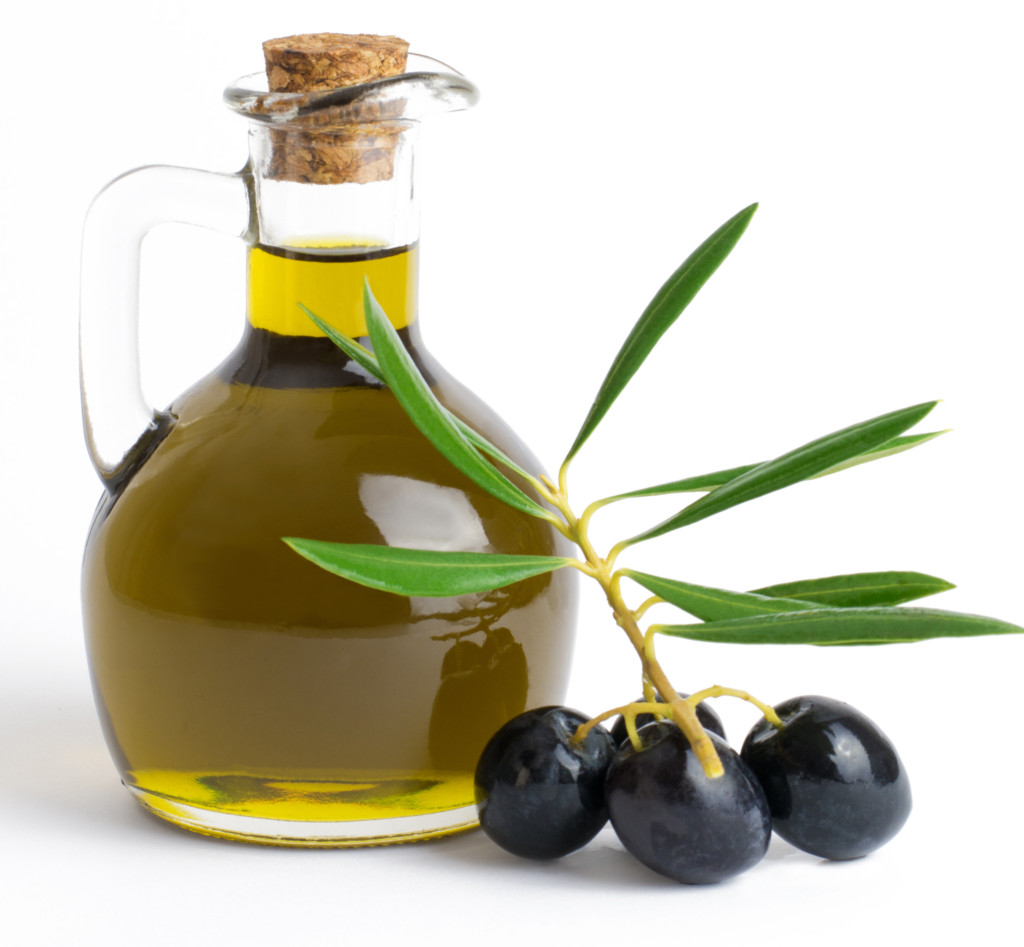
Natural Diets for Animals
- Purchase animal products raised on their natural diets. For beef, it would be grasses or hay. For chickens, it would be grasses, soft grass seeds and insects. Like to see you eat hard corn kernels. The corn (GMO or non GMO) would cause digestive issues for the cow, such as, bloating, liver abscesses, possible fatal amounts of excessive gas and kidney stones. Is our good health worth eating a cow that has been fattened up by corn?
Healthy Natural Sugars in Moderation
- Consume natural sugars and avoid high sugary foods and drinks. This would include avoiding all the artificial sweeteners, such as, aspartame and sucralose (see References below for a list). Pop, juices, baked goods, sauces, salad dressings, ice cream, candy and candy bars just to name a few. In moderation, one can consume dark maple syrup, organic cane sugar and raw honey. Worth mentioning that dried fruits are high in sugars. Understand that the bigger picture of what else you eat comes into play. Enjoy your life and enjoy your cake at that special occasion. The better question will be how is your current health.
When working towards a healthier diet for your better health, start by taking baby steps. Begin to reading the food packaging labels. Remember your dollars speak volumes, and as we learn more about healthier foods, we can all make healthier choices for our better health.
For more education, browse the other blogs. For more in depth understandings, contact me.
Oh…it is still the good ole days!
Your health, my passion.
Cheryl Millett
References
http://animals.mom.me/eating-lot-corn-affect-cows-9538.html
https://en.wikipedia.org/wiki/Sugar_substitute

Cheryl Millett
Champion for your better health…


